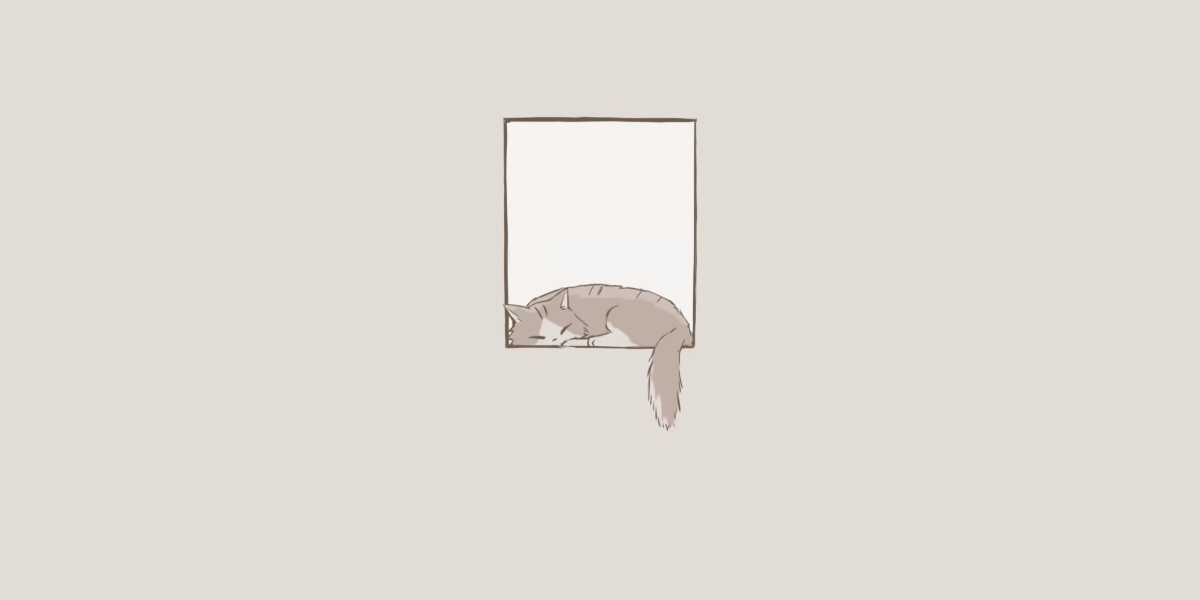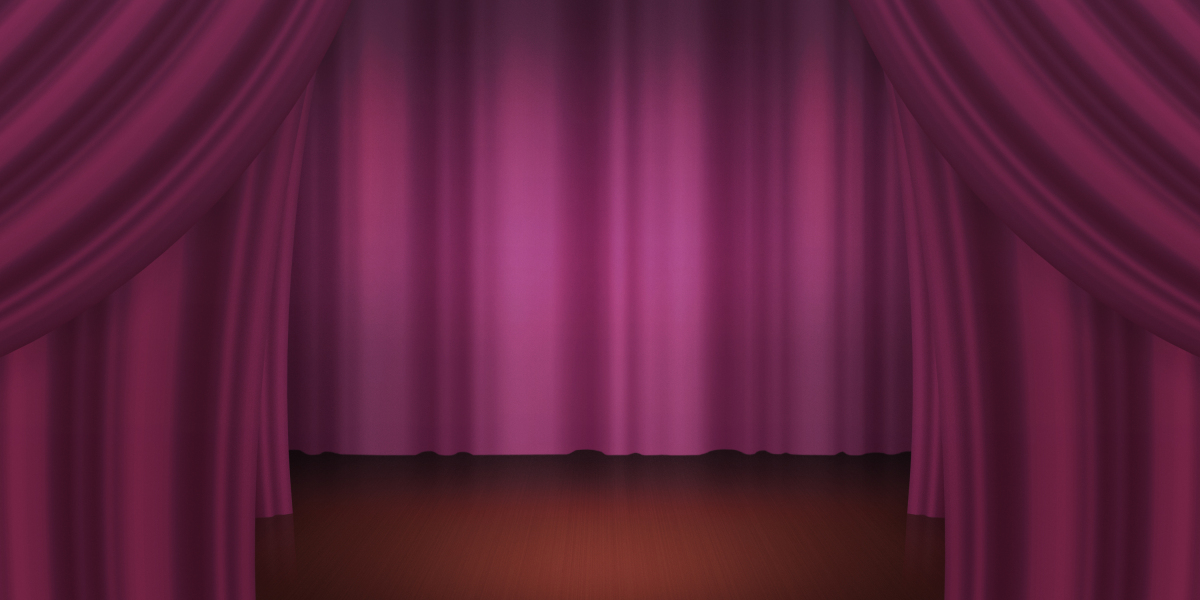Unlock the Secrets of Stunning Ear Lobe Stud Piercings: Techniques, Styles, and Aftercare Revealed!
Ear lobe stud piercings have surged in popularity over the last few years, becoming a celebrated form of self-expression across various cultures. These delicate adornments not only enhance personal style but also carry significant cultural meanings, often symbolizing rites of passage, individuality, or even rebellion against societal norms. The aesthetic appeal of ear lobe studs is undeniable; they can be subtle or bold, allowing wearers to showcase their personality in a myriad of ways. In this article, we will delve into the art of ear lobe stud piercings, exploring the techniques involved, the diverse styles available, and essential aftercare tips to ensure your new piercings heal beautifully.
Understanding Ear Lobe Stud Piercings
Ear lobe stud piercings involve creating a small hole in the earlobe to insert a decorative stud. Unlike cartilage piercings that can occur in various parts of the ear, ear lobe piercings are typically straightforward and less painful due to the softer tissue of the earlobe. The anatomy of the earlobe makes it particularly suitable for piercing; it has a rich blood supply that promotes healing and is generally free from complications. Additionally, ear lobes tend to be more tolerant of various types of jewelry materials, which is beneficial for those with sensitive skin. This section will help you appreciate the uniqueness of ear lobe piercings and their suitability for anyone considering this form of body art.
Techniques for Piercing
When it comes to ear lobe stud piercings, two main techniques are commonly used: the needle method and the gun method. The needle method involves using a sterilized needle to create a precise hole in the earlobe. This technique is generally preferred by professional piercers as it causes less trauma to the tissue and allows for a cleaner, more accurate placement of the stud. On the other hand, the gun method, which uses a spring-loaded device to push a stud through the earlobe, is often associated with increased pain and a higher risk of complications such as tearing or improper placement.
Choosing a professional piercer is crucial for ensuring a safe piercing experience. A reputable piercer will prioritize hygiene, use high-quality materials, and be experienced in the craft. Before getting pierced, it's important to ask questions about their techniques, sterilization procedures, and aftercare recommendations. Personal experiences from friends have shown that those who invested time in finding a professional had a much smoother healing process. Remember, safety should always be your top priority when it comes to body modifications.
Preparation for Piercing
Before your piercing appointment, preparing yourself can help ease any anxiety and ensure a smooth experience. Start by researching your chosen piercer and reading reviews from past clients. It's also a good idea to make a list of questions you may have, such as what to expect during the procedure and how long the healing will take. Arriving well-hydrated and having a light meal beforehand can also help you feel more comfortable. Remember to avoid alcohol and blood-thinning medications prior to your appointment, as these can increase bleeding during the piercing.
Styles of Ear Lobe Studs
The world of ear lobe studs is vast and varied, offering countless styles to suit every taste. From classic pearl studs that exude elegance to geometric shapes that make a bold statement, there is a style for everyone. Vintage-inspired designs, such as flower motifs or intricate filigree, can add a touch of nostalgia, while modern minimalist studs appeal to those who prefer simplicity.
When choosing a style, consider how it complements your personal aesthetics and wardrobe. For instance, if you often wear casual or sporty attire, opting for fun and colorful studs can add a playful touch. On the other hand, if you lean towards a more sophisticated style, sleek metal or gemstone studs may be more appealing. Take the time to explore different options and don’t hesitate to mix and match to create a unique look that truly represents you.
Aftercare for Ear Lobe Piercings
Aftercare is essential for promoting healing and preventing infection after getting ear lobe piercings. Begin by cleaning the area gently with a saline solution or a mild antiseptic recommended by your piercer. Avoid touching your piercings with unwashed hands, as this can introduce bacteria. It's advisable to clean the piercings twice a day for the initial weeks and to avoid using alcohol-based products, as they can dry out the skin and delay healing.
Additionally, be mindful of irritants such as hair products, perfumes, and even certain fabrics that can cause discomfort. If you notice any signs of infection, such as excessive redness, swelling, or discharge, consult a professional immediately. Personal anecdotes from friends highlight the importance of not changing earrings too soon; waiting at least six weeks allows the piercing to fully heal, making it easier to wear your favorite studs without complications.
Embracing Your Ear Lobe Piercing Journey
In summary, ear lobe stud piercings are an accessible and stylish way to express oneself through body art. By understanding the piercing techniques, exploring various styles, and following proper aftercare, anyone can achieve stunning results. Remember that each piercing journey is unique; take your time to find a professional piercer, choose a style that resonates with your personality, and prioritize aftercare to ensure a smooth healing process. As you embark on this form of self-expression, embrace the beauty and individuality that ear lobe studs can bring to your life.








